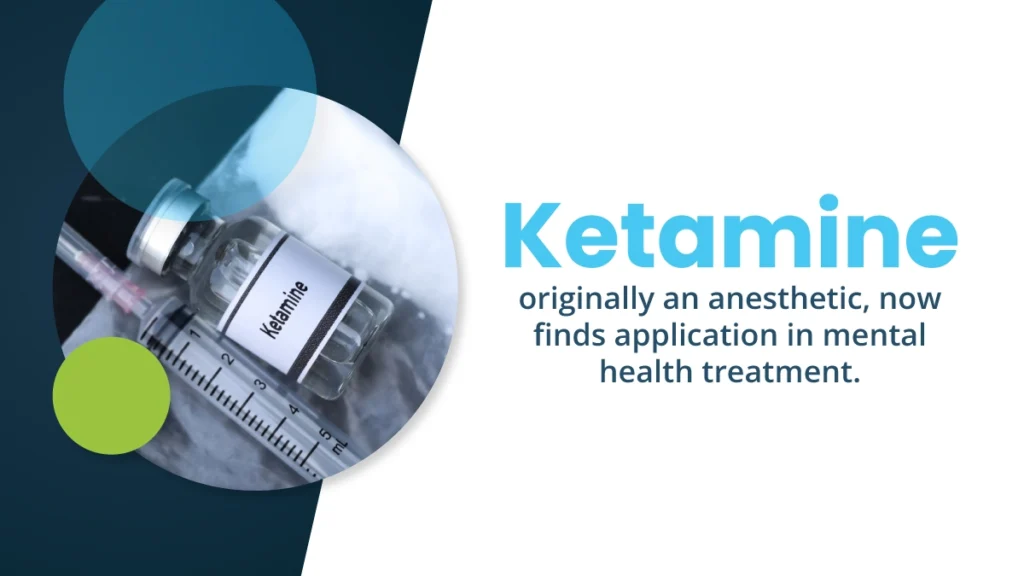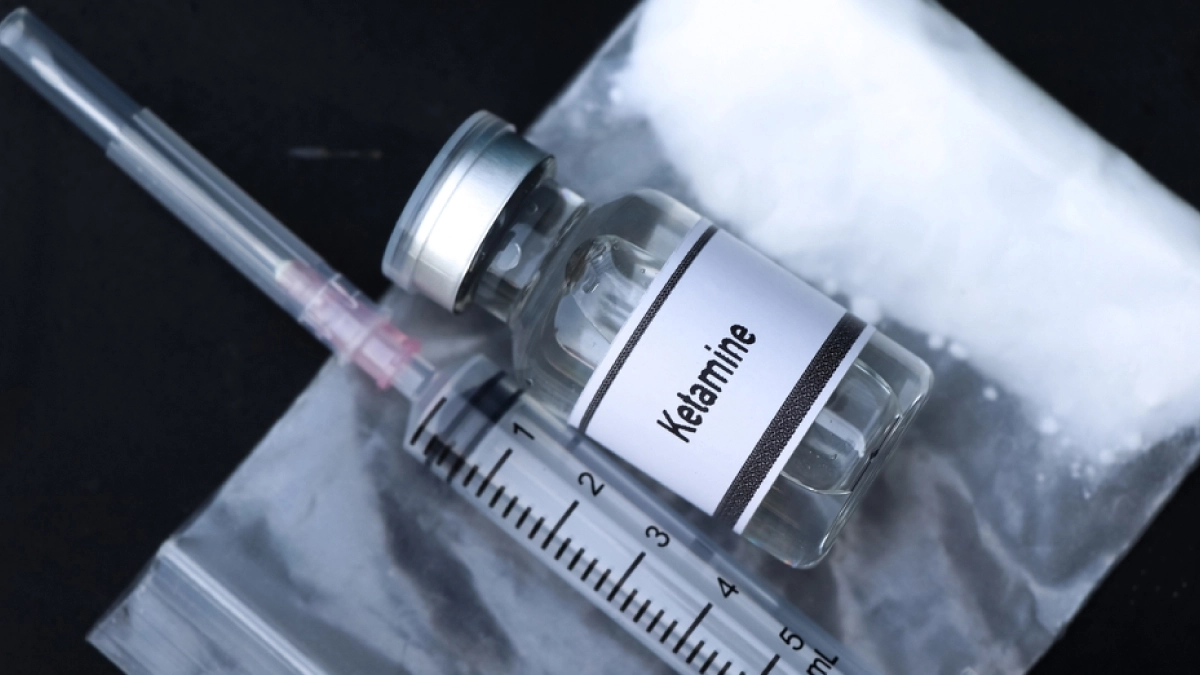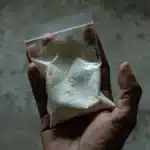Ketamine Therapy: Truths You Need to Know
Ketamine therapy, a novel psychiatric approach, utilizes the anesthetic drug ketamine to treat conditions like depression and PTSD. Administered in controlled settings, it influences brain receptors, often providing rapid relief.
Despite potential benefits, drawbacks exist. Misuse may lead to dependence. It’s crucial to undergo therapy only under professional supervision. As with any medical intervention, understanding the potential positives and negatives of ketamine therapy is essential for informed decision-making.
Key Takeaways
Ketamine therapy employs the anesthetic drug ketamine to treat conditions like depression and PTSD. Here’s what you need to know:
- Ketamine, originally an anesthetic, now finds application in mental health treatment.
- Patients may experience short-term side effects that usually subside shortly after the infusion.
- Post-therapy recovery and follow-ups contribute to the overall success of the treatment.
The Haven Detox-Little Rock offers a supportive and safe environment for individuals seeking services with a focus on personalized care and recovery. Contact us at (501) 271-3342 to explore more.

What is Ketamine
Ketamine is a medication initially developed as an anesthetic. Recently, it’s gained attention for its potential in mental health treatment. It affects specific brain receptors, particularly those related to mood and perception. Clinicians use it off-label to address conditions like depression, PTSD, and chronic pain.
When administered in a controlled environment, it’s given through an intravenous (IV) infusion or as a nasal spray, such as in a medical office. The appeal lies in its rapid impact, often offering relief when other treatments fall short.
However, it’s crucial to note potential side effects, including short-term disorientation and nausea. Long-term effects remain under investigation. Before considering ketamine therapy, ensure an informed and personalized decision with a healthcare professional.
Medical Use From Anesthetic to Therapeutic
Ketamine has transitioned from operating rooms to therapeutic settings. This medication, classified as a dissociative anesthetic, induces a trance-like state, making it valuable for surgeries.
However, recent years have seen its application evolve. Now, ketamine is employed off-label in mental health treatments, specifically for conditions like depression, post-traumatic stress disorder (PTSD), and chronic pain.
Unlike traditional antidepressants that may carry weeks to reveal effects, ketamine often produces rapid results. It functions by impacting receptors in the brain linked to mood regulation.
When administered in a controlled medical environment, ketamine is given either through intravenous (IV) infusions or as a nasal spray. This shift from anesthesia to therapy has been prompted by the medication’s unique ability to swiftly alleviate symptoms, providing hope for individuals struggling with mental health issues.
However, potential short-term side effects, such as disorientation and nausea, warrant careful consideration. Long-term effects and optimal dosages are still areas of ongoing research. Anyone contemplating ketamine therapy should engage in thorough discussions with healthcare professionals to learn the potential benefits and risks specific to their situation.
How Ketamine Therapy Works
Ketamine therapy influences specific receptors in the brain, particularly those associated with mood regulation. While the precise mechanisms are still under study, ketamine’s unique action in the brain makes it a promising option for those seeking faster relief from the burdens of PTSD and anxiety disorders.
However, ongoing discussions with healthcare providers are vital to tailor the treatment to each person’s needs and circumstances.
Treating PTSD and Anxiety Disorder
When used to treat conditions like PTSD and anxiety disorders, ketamine can rapidly alleviate symptoms. It works differently than traditional medications, often providing quicker relief. In therapeutic settings, ketamine is administered through intravenous (IV) infusions or as a nasal spray. The process is conducted under professional supervision to ensure safety.
For PTSD, ketamine may help disrupt distressing memories, providing a chance for emotional healing. In anxiety disorders, it can induce a calming effect, reducing the intensity of anxious thoughts and feelings. It’s important to note that individual responses may vary, and not everyone experiences the same level of improvement.
What to Expect During Ketamine Therapy
Ketamine therapy involves a structured process with distinct phases, ensuring safety and effectiveness. The journey initiates with an initial consultation where healthcare professionals assess your medical history and discuss expectations. It’s crucial to be open about any existing medications or health concerns.
Ketamine Infusion Process
During the infusion, you’ll receive the ketamine either through an intravenous (IV) line or a nasal spray. The setting is typically calming, with trained staff monitoring your experience.
Sessions usually last around 40 minutes, during which you may enter a dream-like state. It’s normal to feel detached from reality temporarily. The dosage is carefully controlled to avoid adverse effects.
Post-Therapy Session: Recovery and Follow-Ups
After the session, there’s a recovery period where staff ensures you’re comfortable and alert before leaving. You may experience lingering effects, so arranging for someone to drive you home is advisable. It’s essential to avoid strenuous activities on the day of the infusion.
Follow-up appointments are crucial for monitoring progress and adjusting the treatment plan. The frequency of sessions varies, with some individuals requiring multiple treatments.
It’s normal to experience improvements gradually, and consistent communication with your healthcare team enhances the overall effectiveness of ketamine therapy. Regular check-ins allow for any necessary adjustments to optimize the therapeutic benefits and ensure your well-being.
Eligibility for Ketamine Therapy
Determining eligibility for ketamine therapy involves assessing various factors related to an individual’s physical and mental health. This therapeutic option is generally considered for those who have not responded well to traditional treatments for conditions such as depression, anxiety, or PTSD.
Clinical Guidelines for Ketamine Candidates
Clinical guidelines emphasize the importance of a thorough evaluation by healthcare professionals. Candidates typically undergo a comprehensive psychiatric assessment, including a review of medical history and current medicines. It is vital to communicate openly about any existing health conditions, as specific medical issues may influence the suitability of ketamine therapy.
Status of Physical and Mental Health
Candidates should be in a stable state of health. Individuals with uncontrolled high blood pressure, recent heart issues, or certain neurological conditions may need additional medical clearance.
Mental health stability is essential, and candidates should not be actively experiencing psychosis or substance use disorders. Pregnant individuals or those breastfeeding may require special consideration.
Ketamine therapy may be particularly beneficial for those experiencing severe and persistent symptoms that significantly impact their quality of life. It is not a first-line treatment but is often explored when other options have proven insufficient.
Collaborative discussions with healthcare providers are required in determining candidacy, ensuring that the potential benefits outweigh the risks based on an individual’s unique health profile. Regular check-ins and ongoing communication with the healthcare team contribute to a personalized and effective treatment journey for people.
Potential Side-Effects of Ketamine Therapy
Ketamine infusion therapy, primarily used for treatment-resistant depression, has shown promise in feeding relief for patients where other interventions have fallen short. However, being aware of this treatment’s potential side effects and long-term risks is essential to mitigate the risks.
In clinical settings where healthcare providers administer ketamine, patients may experience short-term side effects such as changes in heart rate, dissociation, or nausea. These effects usually subside shortly after the infusion.
Long-Term Risks and Concerns
While research indicates a significant improvement in depressive symptoms, particularly with low doses of ketamine, concerns about long-term effects persist. Studies are ongoing to apprehend the impact of repeated, higher doses over an extended period.
Recent studies explore ketamine-assisted psychotherapy, combining ketamine with therapeutic sessions, showing promise in addressing not just depressive symptoms but also anxiety symptoms. However, the long-term effects of this combined approach are still being studied.
Ketamine, often associated with its recreational use as a party drug, is a controlled substance, and its use in clinical trials and ketamine clinics is carefully regulated. Researchers are particularly interested in its interaction with the NMDA receptor and its potential impact on nerve cells.
Doctors emphasize the importance of discussing potential risks with patients as the field evolves. It’s crucial to note that ketamine treatment is not a standalone solution and ongoing monitoring by a healthcare provider is essential, especially for those with major depressive disorder or suicidal thoughts. In conjunction with other therapies and under the guidance of a qualified provider, ketamine may offer relief for some individuals struggling with persistent mental health conditions.
Frequently Asked Questions (FAQ)
Ketamine therapy, a psychiatric treatment gaining popularity, involves administering the medication ketamine to address conditions like depression and PTSD. It works by affecting specific receptors in the brain, bringing about rapid relief.
The therapy is administered in controlled settings, typically through an intravenous (IV) infusion or nasal spray. Unlike traditional antidepressants, ketamine’s impact is faster, often providing relief when other treatments fail.
Though promising, it’s vital to consider potential short-term side effects, such as disorientation. Professional supervision and discussions with healthcare providers are essential to assess individual risks and benefits before embarking on ketamine therapy.
Ketamine therapy, involving the FDA-approved drug S-ketamine, shows promise for severe depression, with a single dose targeting glutamate receptors. Studies suggest benefits in alleviating depression symptoms, especially in those unresponsive to selective serotonin reuptake inhibitors.
However, long-term effects and safety are still under scrutiny. The FDA supports supervised ketamine use in healthcare settings.
Potential side effects include altered perception, dissociation, and transient blood pressure changes.
Though rare, misuse can lead to harm or death. Ongoing clinical studies aim to better understand ketamine’s role in mental health disorders, stressing cautious, monitored use to ensure patient well-being.
Break Free From Addiction Challenges
At The Haven Detox-Little Rock, we know the hurdles of addiction and offer a haven to those seeking recovery with multiple beneficial services.
We ensure a safe detoxification process with personalized care in a nurturing residential program to support your recovery.
Our cutting-edge IV Therapy aids in replenishing and rejuvenating, promoting physical and mental well-being. Beyond addiction treatment, we prioritize mental well-being, offering comprehensive therapies for lasting recovery.
Step toward a life of resilience and well-being. Contact us at (501) 271-3342 for more information about our services.




